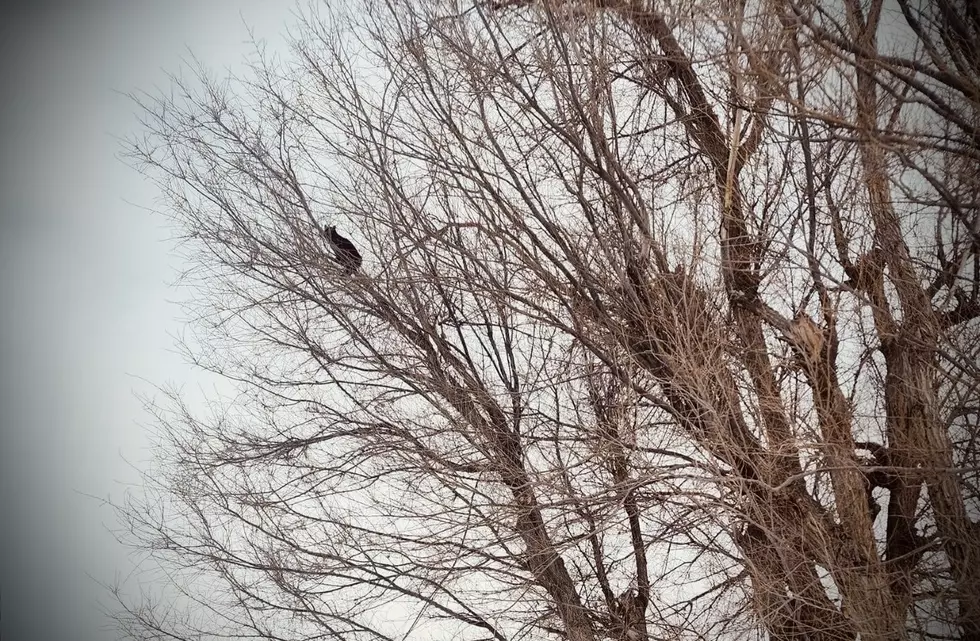
Veterinarian: Cat Bitten By Rabid Bat Poses Public Health Threat In Casper
Metro Animal Control apparently violated protocol by not quarantining or euthanizing a kitten bitten by a rabid bat, and the kitten now poses a potential public health threat, a veterinarian said Friday.
"From my current understanding of how this cat was handled, (it) is inappropriate and a concern," Dr. Jane Mohr said.
"So this cat ... is in this person's house," Mohr said. "If the cat gets out, it is now a threat to the public health."
Rabies is a 100 percent fatal, but preventable, neurological disease in mammals, and is transmitted from bats and skunks to other animals, said Mohr, herself a public health veterinarian. The virus is usually transmitted by biting because it is in the saliva of infected animals.
Multiple state and federal agencies work to keep the disease in check because it remains a significant public health issue.
Metro, which serves Natrona County, left it to the owner about what to do with the kitten, she said, adding the owner was not bitten, and to her knowledge has not received preventative measures for his own health.
The Casper Municipal Code sets out the procedures for vaccination, rabies control and animal bites.
"It's up to the state and Animal Control to remove the potentially exposed rabid cat from the house for the threat to (the owner) or to other people in the community or to other animals," Mohr said. "They (Metro) didn't follow the protocol, which is a little disheartening."
The case started with her last week when a client of her Rocky Mountain Animal Hospital brought in a bat he found in his house within city limits that had bitten his unvaccinated six-month-old kitten, she said.
The bat was euthanized and sent to the state veterinarian, which determined the bat had rabies, Mohr said.
Metro Animal Control has the responsibility to remove the possibly infected animal, in this case the kitten, and place it under quarantine for four months or euthanize it, she said.
There was another vaccinated cat in that house, and it needs to be quarantined there for 45 days to determine whether it was infected, Mohr said.
It's possible there was a miscommunication between Metro and the State Veterinary Laboratory about the cat's exposure to the rabid bat, she said.
Regardless, the problem remains, Mohr said. "This kitten should have been removed, and it wasn't."
This puts the owner in a difficult position, Mohr said. The Municipal Code requires owners to pay for the quarantine service, and she said at $10 a day, that amounts to $1,200 he would need to pay, Mohr said.
The other difficult option is euthanasia, she said.
Mohr is still investigating the matter, but Metro has not returned her calls, she said.
Likewise, Metro did not return calls from K2 Radio requesting comment.
More From K2 Radio









